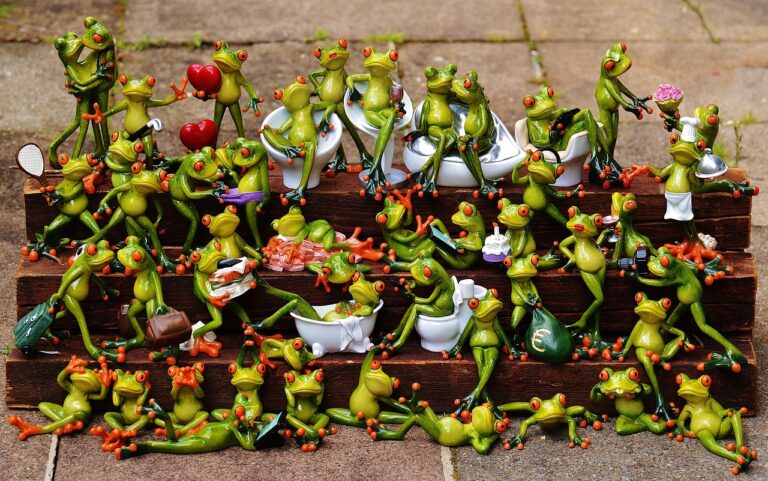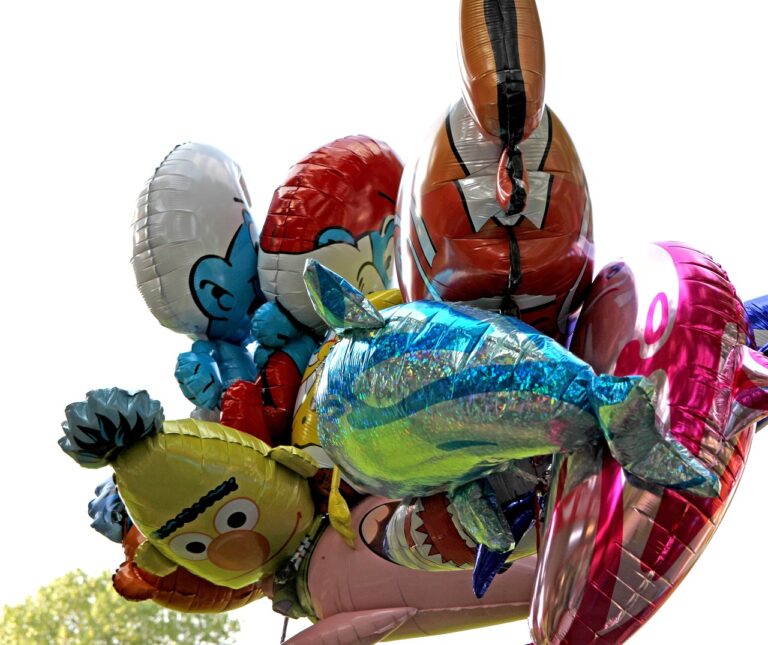Exploring the Relationship Between Music Venues and Tourism: Bet book 250.com, Radhe exchange login, Yolo247 club login
bet book 250.com, radhe exchange login, yolo247 club login: Music venues play a significant role in attracting tourists and enhancing the overall tourism experience in a destination. The relationship between music venues and tourism is a dynamic one, with each influencing the other in various ways. Let’s delve into how music venues contribute to tourism and why they are essential for the growth of the industry.
1. Cultural attractions
Music venues are cultural attractions that showcase the unique music scene of a destination. Tourists are often drawn to cities and regions known for their vibrant music culture, whether it’s jazz in New Orleans, classical music in Vienna, or rock and roll in Liverpool. Music venues provide a platform for local artists to showcase their talent and contribute to the cultural identity of a place.
2. Economic impact
Music venues drive economic activity in the tourism sector by attracting visitors who spend money on tickets, food, drinks, and merchandise. According to a study by Music Canada, live music tourism generated $1.2 billion in direct and indirect spending in Canada in 2017. Music festivals and concerts bring in a significant number of tourists who contribute to the local economy through their expenditure.
3. Destination branding
Music venues play a crucial role in the branding of a destination as a music tourism hotspot. Cities like Nashville, Memphis, and Austin have capitalized on their music heritage to promote themselves as must-visit destinations for music lovers. Iconic venues such as the Ryman Auditorium, the Grand Ole Opry, and Graceland have become synonymous with these cities and attract tourists from around the world.
4. Community engagement
Music venues serve as community hubs that bring people together to enjoy live music performances. They provide a platform for emerging artists to showcase their talent and connect with audiences. Local residents and tourists alike flock to music venues to enjoy a night out, socialize, and immerse themselves in the local music scene.
5. Promoting cultural exchange
Music venues facilitate cultural exchange by hosting international artists and bands, showcasing diverse musical genres, and fostering collaboration between musicians from different backgrounds. Tourists have the opportunity to experience and appreciate music from around the world, enriching their cultural understanding and broadening their musical horizons.
6. Enhancing the visitor experience
Music venues enhance the overall visitor experience by providing entertainment and leisure options for tourists. Whether it’s a small jazz club, a historic concert hall, or a sprawling outdoor amphitheater, music venues offer a variety of settings for live performances that cater to different tastes and preferences. Tourists can choose from a diverse lineup of concerts, festivals, and events to make their stay more enjoyable.
In conclusion, music venues are integral to the tourism industry, contributing to the cultural, economic, and social aspects of a destination. By promoting local music scenes, driving visitor spending, branding destinations, fostering community engagement, promoting cultural exchange, and enhancing the visitor experience, music venues play a vital role in attracting tourists and enriching their travel experiences.
FAQs:
Q: How can tourists find out about upcoming music events in a destination?
A: Tourists can check local event listings, music venues’ websites, social media pages, and ticketing platforms to stay informed about upcoming music events.
Q: Are music venues suitable for all age groups?
A: Many music venues cater to different age groups by offering a variety of performances, from family-friendly concerts to late-night shows for adults.
Q: Can tourists purchase tickets to music events in advance?
A: Yes, tourists can purchase tickets to music events in advance online or at the venue’s box office to secure their entry and avoid disappointment.







